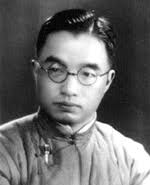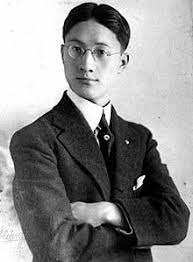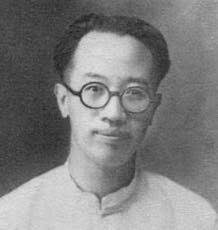Chu Tzu-ch'ing (22 November 1898-12 August 1948), essayist, scholar, and poet, was head of the Chinese department at Tsinghua University for many years. He was best known for his distinctive pai-hua [vernacular] essay style. Although his native place was Shaohsing, Chekiang, Chu Tzu-ch'ing was born in Kiangsu. Both his father and his grandfather were minor […]









